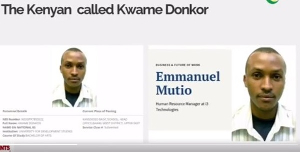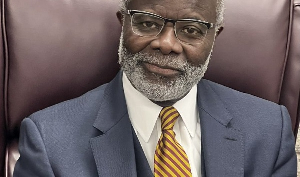Private universities in Ghana have appealed to government to restore the tax exempt status due them to enable them fully discharge their responsibilities to the people.
“Most of the universities owe banks and therefore, the perception that they are in good business should be discarded”, Professor Kwesi Yankah, Head of Conference of Private Universities has said.
“Registered private universities are non-profit making institutions and surpluses are not for the benefit of any individual, but are ploughed back into building the institutions,” he said.
Prof Yankah who was speaking at the launch of the International Private Universities (IPU) Conference and Exhibition 2014 in Accra, said the universal drift towards maintaining the tax exempt status of private universities happens in most parts of the world. The IPU Conference and Exhibition would be on the theme: “The contributions of private universities in the globalisation of higher education and beyond.”
It would offer the opportunity for visionary thinkers of diverse backgrounds and persuasions who through research would bring and share knowledge and experience in effective ways of making private universities particularly in developing countries a choice not an option.
Academics, educational policy makers, educational investors, corporate bodies, and senior managers and leaders from higher education institutions from across the world would be attending the forum.
Prof Yankah said the government’s pay policy such as the Single Spine Salary Structure (SSSS) had also affected owners of private universities who had to offer incentives to help attract and maintain lecturers and auxiliary workers.
Prof Yankah, who is also the President of Central University College pointed out that the new development failed to recognise the critical role played by private universities. This, he, said had helped deepened the culture of discrimination, and lack of equity that private universities experienced over the years.
He said private universities had over the years been denied access to the Ghana Education Trust Fund, state scholarships, bursaries for staff capacity building, and state funding for research , even where programmes were considered key in the nation’s scheme of priorities.
The universities, he said, were not surprised that they were totally ignored, when government recently gave subsidies to state owned universities, to expand infrastructure to cope with the large intake of students expected this year.
“Government should realise that the challenges in the provision of education is a national one, and the crisis of absorbing two cohorts of senior high school students into relatively few universities is also a national one.
“While private universities are excluded in all these facilities, one would have expected the government to have left intact the only privilege enjoyed by private universities that are limited by guarantee, a tax exempt status.”
Business News of Friday, 6 September 2013
Source: GNA

















